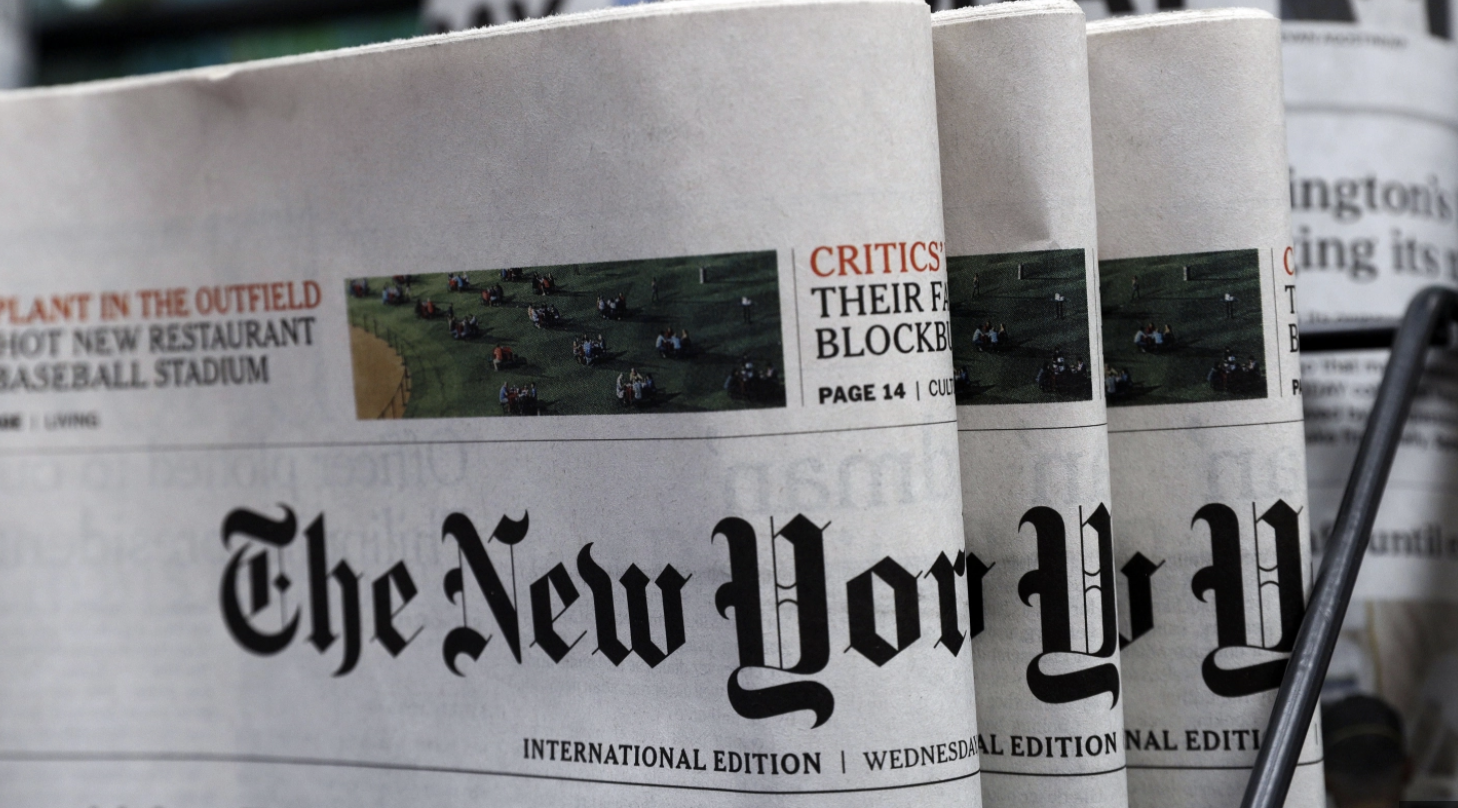Kerby Anderson
How trustworthy is the reporting in the New York Times? Fifty years ago, that question didn’t need to be asked. Everyone assumed that it was truthful and accurate.
Patrick Maines (formerly with the Media Institute) reminds us that in 1972, the National Review published an analysis with the title, “Is it true what they say about the New York Times?” The editors concluded that the paper was balanced in his news pages, in contrast to it editorial pages. At the time, National Review founder Williams F. Buckley, Jr. took heat from his supporters for drawing that conclusion.
But five decades later, another study came to a very different conclusion about the objectivity of the establishment media and particularly about the New York Times. The subject of the evaluation was the coverage of what came to be known as “Russiagate.”
The examination was done by Jeff Gerth, who is a decorated investigative journalist who was formerly with the New York Times. The series of articles running 24,000 words can be found in the Columbia Journalism Review. It took him a year and a half to write, and it destroys the idea that Donald Trump was working with the Russians and exposes the lengths the media went to spread that smear.
Patrick Maines concludes that this series is actually “the most important media criticism in my lifetime.” He complements Jeff Gerth for mentioning several media outlets by name rather than referring to them in the collective as “the media.” Front and center is the New York Times, and to a lesser extent the Washington Post. He was also shocked that the Columbia Journalism Review was willing to run the series.
This series of articles is one more reminder that we need to read with discernment, even when reading what used to be considered the newspaper of record. 
 Listen Online
Listen Online Watch Online
Watch Online Find a Station in Your Area
Find a Station in Your Area








 Listen Now
Listen Now Watch Online
Watch Online
